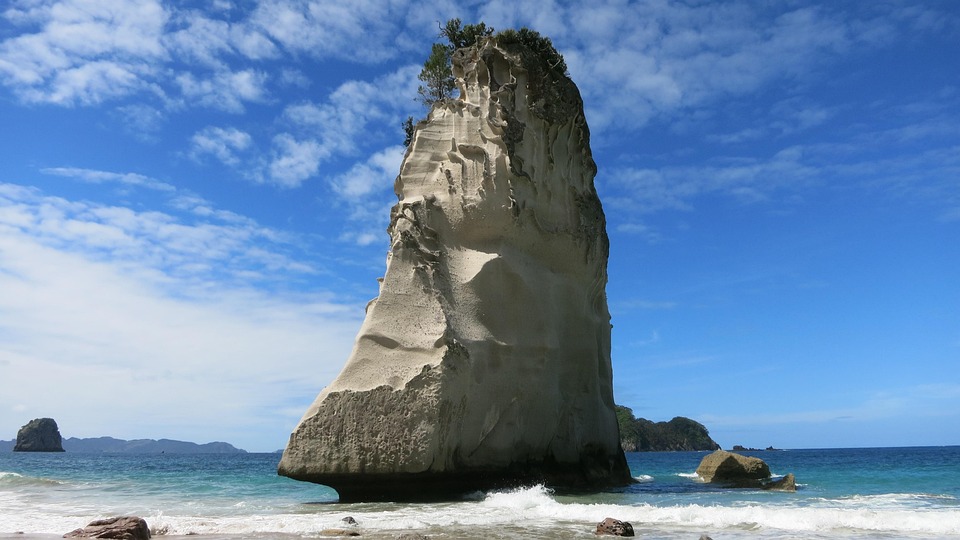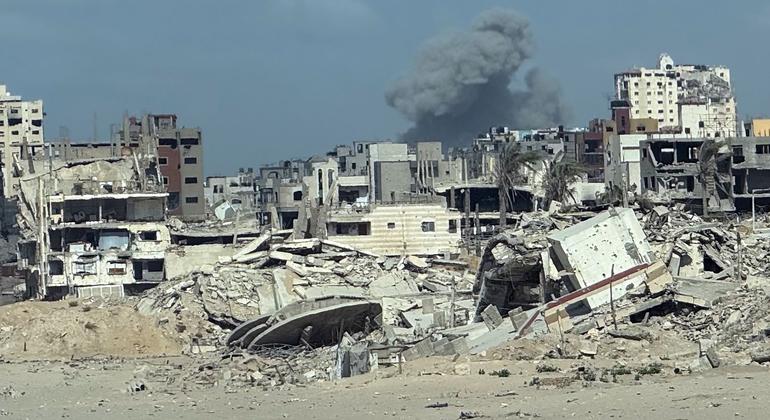The case stems from a request of 2023 by the Administration of the International Labor Organization (Ilo),, requested the court for an advisory opinion on the question of whether the Freedom of association and protection of the right to organize the Convention, 1948 (n ° 87) Includes the right to strike.
Adopted following the Second World War, Convention 87 is the cornerstone of international labor law, guaranteeing workers and employers the right to train and join the organizations of their choice. He does not explicitly mention the strikes, but the defenders have long interpreted the freedom of association to include this right.
Icj President Yūji Iwasawa started the procedure on Monday by reading the official question to the judges, referring to the resolution of the ILO and the procedural authority of the court. He noted the “tripartite structure of the ILO, which is made up of representatives of governments, employers and workers”.
Rare demand
Tomi Kohiyama, ILO legal advisor, recalled that the ILO had not appeared before the ICJ as an advisory basis since 1932, highlighting the scarcity of these requests.
She said the ILO Secretariat would not take a position on the subject but would help the court by clarifying the institutional context and interpretative approaches under the Vienna Convention on the law of treaties.
“The participation of employer and workers’ organizations … is unprecedented in the history of your August institution,” she added, referring to the tripartite nature of the ILO.
Three voices
Founded in 1919, the ILO is unique in the United Nations System for its tripartite structurebringing together representatives of governments,, employers And workers To establish international labor standards.
This balance, however, has sometimes led to an impasse – especially in 2012, when the employers of employers disputed if agreements No. 87 and 98 recognize a right to strike.
The headquarters of the International Labor Organization (ILO) in Geneva.
Labor and business arguments
Paapa Danquah, speaking for the Confederation of the International Syndicate (ItuC), describes strikes as a timeless expression of collective action.
“A strike action was our vital tool … to improve working conditions and defend our human dignities,” he told court.
He argued that the right to strike is intrinsically part of the freedom of association and should therefore be recognized as protected by the Convention No. 87.
On the other hand, Roberto Suárez Santos, on behalf of the International Organization of Employers (IOE), said that even if the right to strike is not reprehensible in principle, the Convention No. 87 does not explicitly or implicit the right to strike.
He warned that to read it in the Convention now imposes a normative regime – defining strike terms – which could disrupt nuanced national work systems.
He expressed that the appropriate path would be a consensus within the tripartite bodies of the ILO, and not a unilateral judicial elevation of the standards.
CIJ advisory opinions
More than three days of hearings, 21 countries and organizations should take a stand, with 31 written declarations already filed in the ICJ register – reflecting world interest in the result.
The courtyard advisory opinionScheduled in the coming months, will not be legally binding but could deeply influence international and national labor law.
Originally published at Almouwatin.com








